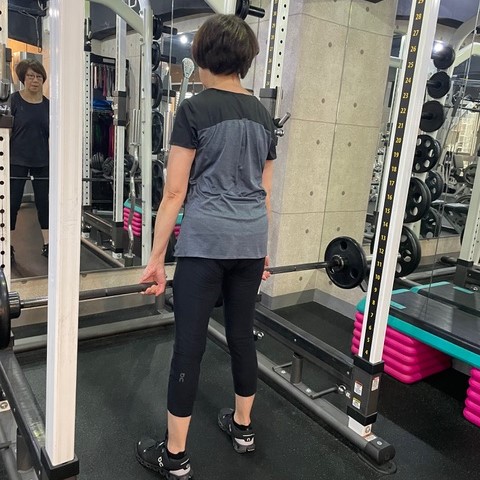「訓練」ということ
片付けをしていたら、本棚から20~30年前に京都・大徳寺大仙院で買った、尾関宗園和尚の言葉を収めた色紙『今こそ出発点』を見つけました。
人生とは毎日が訓練である
わたくし自身の訓練の場である
失敗もできる訓練の場である
生きているを喜ぶ訓練の場である
今この幸せを喜ぶこともなく
いつどこで幸せになれるか
この喜びをもとに全力で進めよう
わたくし自身の将来は
今この瞬間ここにある
今ここで頑張らずにいつ頑張る
改めて読み直すと、「今を生きる」ということを強く意識させられます。20~30年前の当時は「訓練」という言葉に心がとまったように思います。そのころの日本語力はまだ低く、漢字を追うだけで文書の意味を理解しようとしていたため、訓練に関する段落は比較的わかりやすかったのです。さらに、日本での生活にまだ十分慣れておらず、教育研究に取り組む中で悩みも多かった時期でもあったので、この言葉は大きな励みになりました。
いま振り返ると、たとえ大変で苦しい時期があっても、それは将来のためになる、将来に備えるものだと考えれば耐えられる。この「訓練」の理念は、危機対応のためのメディア・トレーニングや防災訓練、そして日常の筋トレにも通じるように思います。
とはいえ、訓練やトレーニングは厳しさだけが本質ではありません。自分が扱える重量をはるかに超えるものを無理に持ち上げても、よいトレーニングにはなりません。重いものを持ち上げて自己満足に浸ることはできても、持続性はなく、フォームを崩して繰り返せばケガの原因にもなります。かといって、いつも自分が楽に持てる重量のダンベルを使っているだけでは十分な効果は得られません。コーチの助言を受けながら取り組むことで、自分の体調や変化に気づき、体の使い方を理解できるようになっていきます。そうして初めて、持久力・体力・筋力だけでなく、精神力も強化され、自分の体と対話できるようになるのです。
人生もまた同じでしょう。自分が置かれている状況を意識し、少しずつ「できること」を広げ、挑戦を続けながらも無理はせず、ときには休むことも必要です。周囲の人の知恵を借りる。自分の軸(「フォーム」)を崩さずに、毎日を大切に丁寧に歩みを進めていきたいと思います。
On ‘Training’
While tidying up, I came across a shikishi on my bookshelf that I had bought some 20 to 30 years ago at Daitokuji Daisen-in in Kyoto. It contains the words of the Zen master Soen Ozeki and is titled Now Is the Starting Point.
Reading it again, I was strongly reminded of the importance of “living in the present.” At that time, 20 or 30 years ago, it was the word training that caught my attention. Back then, my Japanese was still limited; I could follow the kanji but struggled to grasp the full meaning of a text. For that reason, the passages on training were relatively easy for me to understand. More deeply, I think the word resonated with me because I was still adjusting to life in Japan, carrying many worries as I tried to pursue my teaching and research. In that period, these words became a great source of encouragement.
Looking back now, I feel that even when one goes through very difficult and painful times, one can endure if one sees them as preparation for the future, or as something that will ultimately be of use later on. This idea of training seems to me to apply not only to media training and disaster-preparedness drills for times of crisis, but also to everyday strength training.
That said, the essence of training is not found in hardship per se. Forcing yourself to lift weights far beyond your capacity is not good training. You might derive a certain satisfaction from piling on heavier loads, but the results will not last, and if your form breaks down, repeated effort can even cause injury. On the other hand, staying only within the limits of what you can already handle will not help you advance much further, or at all. With a coach’s guidance, you can train effectively, notice changes in your own body, and learn how to use it properly. Through this, you not only build endurance, stamina, and strength, but also develop mental resilience and the ability to engage in dialogue with your own body.
Life, too, is much the same. To be mindful of the situation one is in, to gradually expand what one is capable of, to keep challenging oneself without going to extremes, and to take rest when needed. To draw on others’ wisdom. Without losing one’s own axis—one’s “form”—one can move forward, treasuring each day and living mindfullly.


